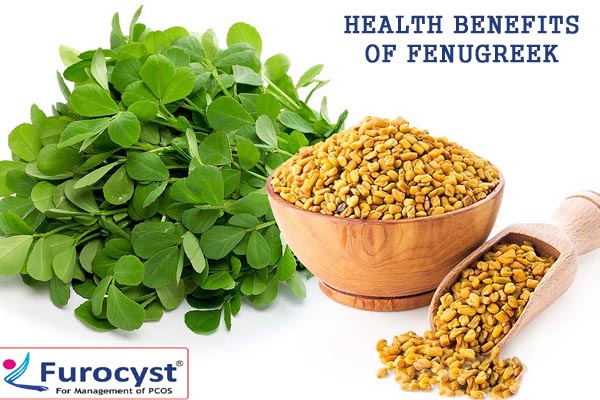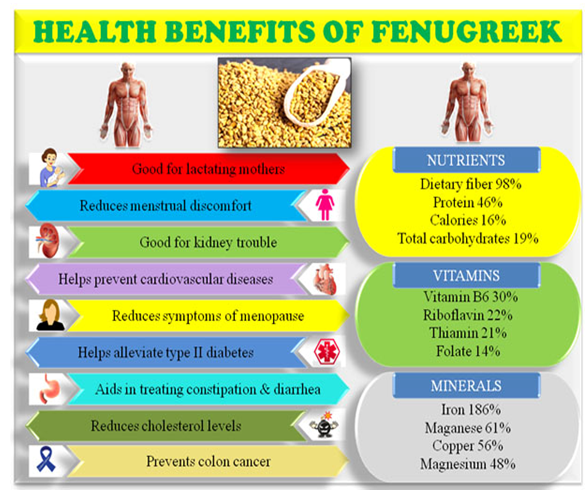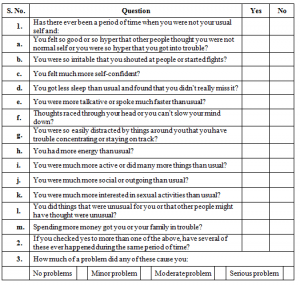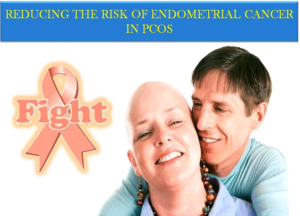Polycystic ovary syndrome (PCOS) is of clinical and public health importance as its prevalence is very high among women of reproductive age. Polycystic ovaries contain a large number of cysts. These cysts are under-developed sacs in which eggs develop. Often in PCOS, these sacs are unable to release an egg, meaning ovulation doesn’t take place.
PCOS has significant and diverse implications like;
- Reproductive implications – infertility, hyperandrogenism, hirsutism
- Metabolic implications – insulin resistance, impaired glucose tolerance, type 2 diabetes mellitus, and adverse cardiovascular risk profile
- Psychological implications – increased anxiety, depression
Prevalence of PCOS
- The exact prevalence of PCOS is not known as the syndrome is not defined precisely. The estimated prevalence in women of reproductive age is 5-10%. Under the new criteria (Rotterdam-2003), the prevalence among the general female population will raise up to 10%. The prevalence of PCOS in a study conducted at Govt. Medical College, Kerala was reported to be 15% (95% CI: 13.4–17.2%) on the basis of the Rotterdam criteria. The reported prevalence of PCOS in various geographic regions ranges between 2.2% and 26%., et al. prospectively studied 460 girls aged 15-18 years from a residential college in Andhra Pradesh, South India. The authors reported a prevalence of PCOS in 9.13% of Indian adolescents. Studies in first-degree relatives of patients, who have the polycystic ovarian disease have shown that 24% of mothers and 32% of sisters, were affected, suggesting a major genetic association.
- A study from Spain reported a 28.3% prevalence rate of PCOS among 113 overweight or obese women who were referred to an endocrinology clinic for weight loss, compared with a previously reported population prevalence of 6.5%, suggesting that the prevalence of PCOS might be markedly increased in obese.
- In Southern China, the prevalence was 2.4% among 915 women recruited through the offer of a free medical examination.
- In an Iranian study conducted during 2008 among women aged 18–45 years, the reported prevalence was 14.6% (95% CI, 12.3–16.9%). The prevalence of PCOS using the Rotterdam criteria was reported to be 17.8% among 978 women who were recruited in a retrospective birth cohort study in South Australia. In another community study conducted in Sri Lanka on 3,030 women aged 15–39 years, the prevalence was found to be 6.3% (95%; CI: 5.9–6.8%) for the period 2005-2006. A higher prevalence of PCOS (46.8%) was reported among girls aged 13–18 years with euthyroid chronic lymphocyte thyroiditis in a case-control study conducted in New Delhi.
What are the Main Causes of PCOS?
The exact cause of PCOS is not known, but various factors are expected to play a role in causing PCOS:
- Heredity – PCOS is passed on to the next generations. There is a possibility of PCOS to be linked with certain genes.
Insulin resistance – Insulin is a hormone produced by the pancreas to control the amount of sugar in the blood. It helps move glucose from the blood into cells, where it is broken down to produce energy.
Insulin resistance means the body’s tissues are resistant to the effects of insulin. The body, therefore, has to produce extra insulin to compensate.
High levels of insulin cause the ovaries to produce too much testosterone hormone, which interferes with the development of the follicles (the sacs in the ovaries where eggs develop) and prevents normal ovulation.
Insulin resistance can also lead to weight gain, which can make PCOS symptoms worse because having excess fat causes the body to produce even more insulin.
- Low-grade inflammation – Your body’s white blood cells produce substances to fight infection in a response called inflammation. Research has shown that women with PCOS have low-grade inflammation and that this type of low-grade inflammation stimulates polycystic ovaries to produce androgens.

Furocyst- An effective treatment of PCOS
Furocyst improves insulin sensitivity and, in turn, may regulate circulating androgen levels. It improves insulin-mediated glucose disposal in women with PCOS. Furocyst improved menstrual period in the study subjects and might be regulating the effect of insulin on ovarian androgen biosynthesis, theca cell proliferation, and endometrial growth. It might be regulating ovarian androgen production leading to disappearance or decrease in size and number of cysts.
The increase in LH/FSH ratio has been reported in various studies conducted on PCOD patients. Because of a decreased level of follicle-stimulating hormone (FSH) relative to LH, the ovarian granulosa cells cannot aromatize the androgens to estrogens, which lead to decreased estrogen levels and consequent anovulation.
Furocyst is effective and safe for the management of Polycystic Ovary Syndrome in women.

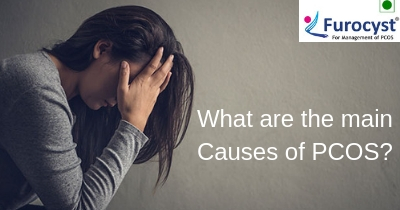












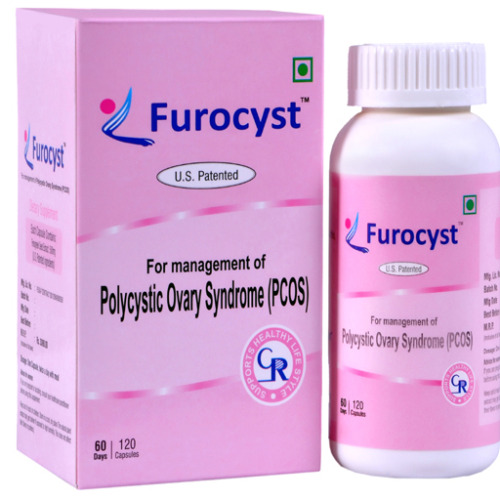
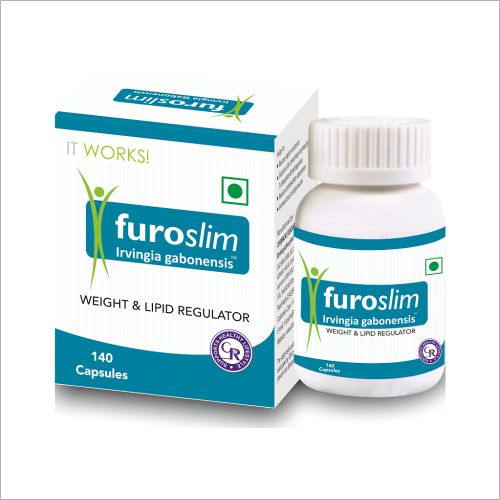 Another supplement to curb those hunger pangs in
Another supplement to curb those hunger pangs in 



